Our identities can be characterized as a set of scripts we learn to live by, a center of personal understanding or a personal narrative to which we’ve ascribed. I see myself as an intersectional person with several scripts that have changed over time, through editing due to self-reflection, character study, script enhancement, or intersecting storylines.
In August, I was asked to speak at a local dinner in Cleveland, Ohio for a national LGBTQ+ organization. I jumped at the opportunity to speak at this event because the organization meant so much to me and because it enabled me to live my intersectional life—a Black and queer identity speaking at this dinner mattered. After all, in July, I had the chance to speak on a stage at a Black technology/venture ecosystem program as a Queer Black person. Also, these dinner moments are scripted events, which are far less nerve-wracking, and honestly, I’m pretty good with a teleprompter and a pause.
As an individual who is outspoken about being Black and queer, along with other aspects of my identity, I don’t often speak out loud about my faith—the way I believe; the place where I draw many lessons. I grew up in a Pentecostal home, and I never felt welcome in that faith space. It wasn’t until I attended my first Bar Mitzvah that I felt at home in a faith space—until I found my faith home in Judaism. As a faith practice, Judaism is closely tied to an Israeli cultural identity, of which I do not explicitly identify at first glance.
We had just celebrated Yom Kippur and were in the early days of Sukkot; it was late September, and I spoke on a panel at the Eradicate Hate Global Summit. “The Eradicate Hate Global Summit was born out of the October 2018 massacre at Pittsburgh’s Tree of Life Synagogue. It was an attack motivated by anti-Semitic and anti-immigrant hatred that ultimately led to the tragic shooting deaths of 11 people. Sadly, it became the deadliest anti-Semitic event in U.S. history.”
I attended the Summit as a panelist, at the invitation of a friend, and spoke on a panel centered on the increased presentation of hate toward the LGBTQ+ community in the last few months to years. In the moment, I didn’t center my faith practice in the conversation; I led with my queer identity, and it was strongly supported by Blackness—I can’t hide it. Being Black and queer is an intersection at which I am used to living, speaking, and being out loud.
View this post on Instagram
Several days after the Eradicate Hate Global Summit, I found myself speaking the familiar Black and queer script at the Twin Cities dinner for the aforementioned national LGBTQ+ organization. I heard it was good, and I heard it helped raise money. This script I know, I’ve lived it out loud, refined it through self-study and personal reflection, and through character development.
The 2023 Israel–Hamas war began on October 7, 2023, after the Palestinian Sunni Islamist group Hamas launched a multi-pronged military operation on Israel. The attack came on a Jewish holiday, 50 years after the Egypt-Syria surprise attack that sparked the 1973 Yom Kippur War. The morning of October 7th, I was waking up after a night of celebration and fundraising for the LGBTQ+-centered nonprofit organization that I help guide. Over the course of the day on October 7th, words from a new script were entering my world, slowly trying to penetrate the overly Black and queer script of the last few weeks, months, years. Israel. Jewish. Hamas. Religious commentators.
With little time and truly no understanding of what had happened in the world, what was happening in the world, I was headed to Washington, D.C. to do the business work of the aforementioned national LGBTQ+ organization. They also hosted a dinner; however, I did not speak. During this weekend, space was made to speak about and consider what was right to say in this moment, what was right to do, and to question if more than one state of understanding could be true. The cast of characters that spoke to the script were intersectional, eloquent, passionate, and stuck to the script.
And at this dinner for a national LGBTQ+ organization hosted in Washington, D.C., the U.S. President and First Lady and the organization’s president spoke to the horrific attacks and retaliations that had occurred in Israel and Palestine. The weekend was a realization and confirmation that my intersectional identities had to make space for each other in this moment.
However, the weekend also reminded me that there are other players who have the capacity to take on more lines of the script, better players for the part, and we should allow that space so that we can present the best script we can for ourselves. As I prepared to leave that weekend, I picked up my phone to see news of the murder of a Palestinian child in Illinois and the attempted murder of the mother, as well as confirmation that they wanted me to speak at the national LGBTQ+ organization’s dinner in San Francisco.
“As a mother, my heart aches for the devastating loss of a precious six-year-old child and the horrifying attack on his mother in Illinois. This act of hatred has no place in our country. We stand with our Muslim, Arab, and Palestinian neighbors today and every day,” said Human Rights Campaign President, Kelly Robinson.
As the parent of a six-year-old child, my heart also ached, but as a human my heart simply aches.
In the midst of this, my partner and I each celebrated a birthday, and my partner and I hosted one of the sets of my parental units for several days. I’ve been moving so fast; I feel like I’m still catching up with the reality of the horrific situation spawned by a terrorist group—Hamas.
I agree we truly are not in “one state of emergency,” as HRC has said; we are indeed in “millions.”
I didn’t have a script for this. I am not sure what my message may be. I am still trying to catch my breath. The script I know, right now, has been vetted, tested, and tried several times—it works. What else I know is I am tired, I am distraught. I know that right now my intersectional identity doesn’t have the privilege or capacity to allow myself to stop now, to really soak in this moment—because if I do, I will fall apart.
In my script, I know that in those moments when I’ve stopped, when I’ve slowed down, the moments of personal stillness, the anger has crept in and pressed on my vocal cords. The sadness has sat next to me, holding my hand as if it were my deceased mother comforting me the way I wish I were comforted by her now—in this time. The release wraps its arms around me like a new lover who wants to let me know that it’s okay to cry—in front of them.
In my script, I know there are terrorists. I know there have been innocent lives lost. I know that the Israeli and Palestinian families who have lost loved ones are in pain. I know that these families want to stop, to slow down, to cry, to mourn…but they can’t. Their respective homes are in despair, their respective ways of life, their scripts have been interrupted. I know they want the carnage to stop so that they can return to their script, their sense of normalcy, even if it wasn’t the script with the ideal role.
I know there are humans with fallible hearts and ego-filled souls.
I know the scripts I’ve been working on, and I’m trying to stick to those, simply because right now I can’t afford to fall apart. These other intersectional fights in my identity can’t afford my falling apart; they also need proper attention so that I can stay on script. Right now, I can read my siblings’ scripts, uplift their work, make space so that they can shine at our intersections.
I know that we are all in pain. I know that we are all off script.
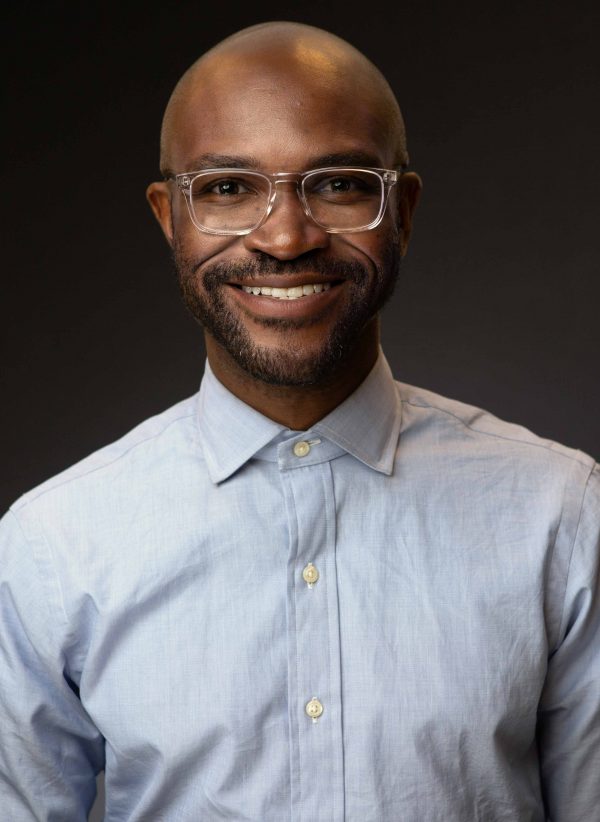
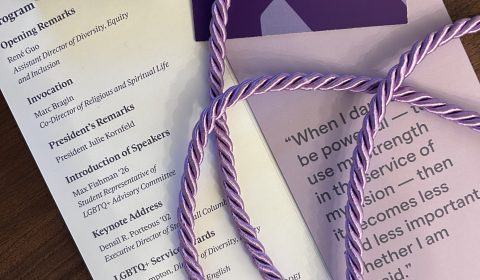
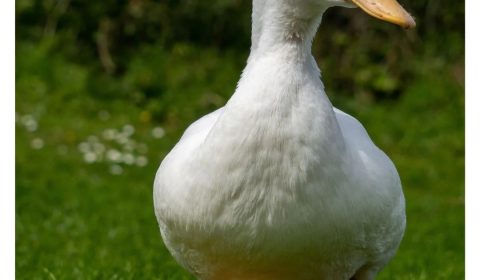
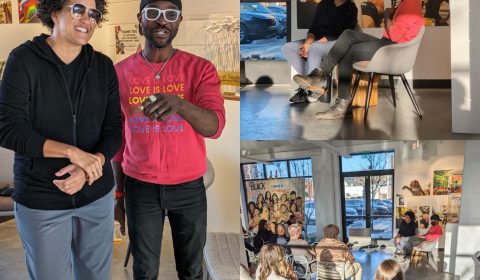
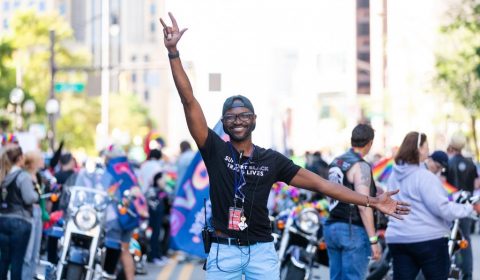
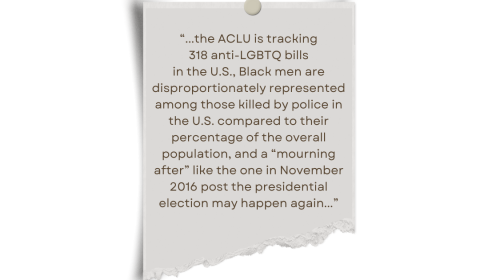

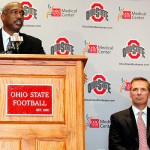


Ken Holcomb
10.25.2023 — 9:02 PM
Thank you for your thoughts and baring of your soul.